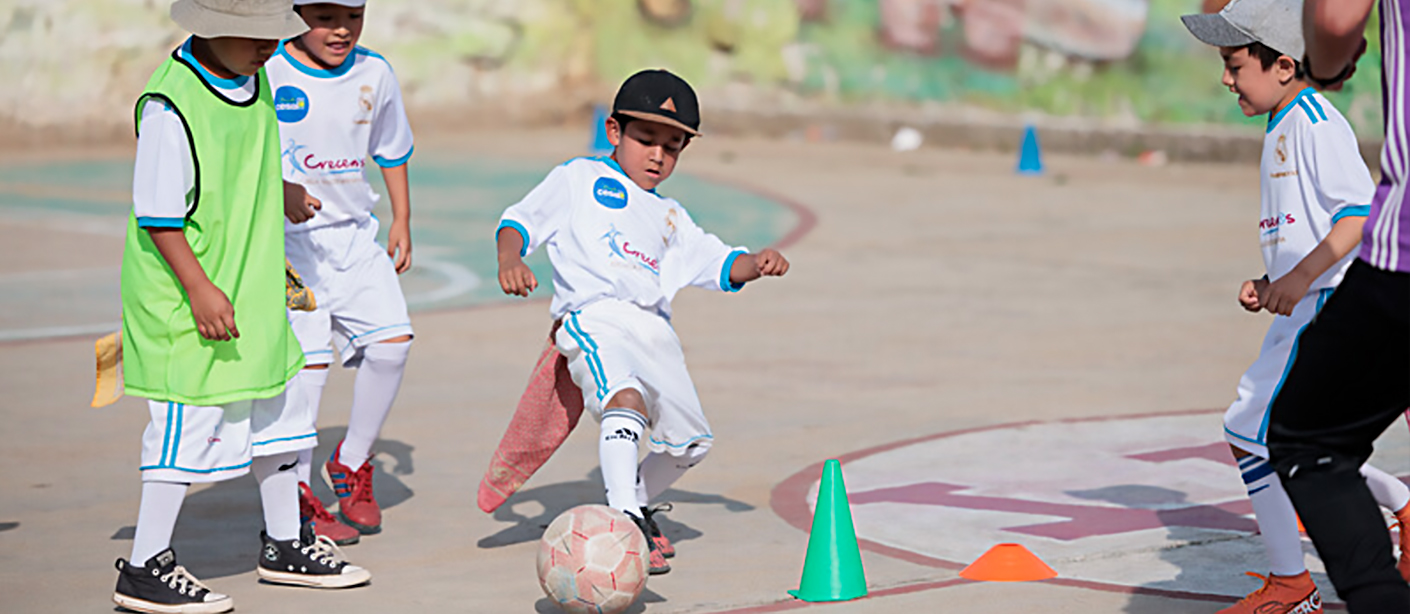According to Jennifer Williams, MPH, an Abbott pediatric scientist, there are several key indicators of healthy growth in kids. And the best way to make sure your child is hitting those is by providing good nutrition from day one.
What Constitutes Healthy Growth?
When a child is slow to grow or is experiencing a growth plateau, it's easy to get discouraged by the numbers. But inches and pounds aren't always indicative of optimal growth. In fact, healthy growth is measured by what's normal for your child. When your pediatrician measures your child's height and weight, they are looking for a consistent trend — not a magic number.
For instance, if your child has always been in the 25th percentile, there's no cause for concern as long as they stay on that curve of the growth chart. However, a sudden drop to the 10th percentile could be a red flag. And, even though we tend to focus on height, it's not always the most important indicator of healthy growth.
Related: Growth and Height Charts
"When a child is behind in growth early on, changes in weight are often the first clue," explains Williams. "But when there's chronic undernutrition, height can be affected, leading to slowed growth if a child is undernourished over long periods of time."
How Can Nutrition Affect Child Growth and Development?
Slowed growth can have far-reaching effects, such as impacting a child's activity levels, performance in school, and may even increase their risk for chronic diseases later in life. If you're worried your child's growth may be falling behind, take solace in knowing that many factors affect their size. The first is genetics. For instance, if you or your partner has a small build, it's likely — and perfectly normal — to have a child whose height and weight are below average.
Nutrition will also affect growth and development. To reach their full growth potential, children need to consume sufficient calories and key nutrients. While starting a nutritious diet during pregnancy is optimal for initial healthy child development, continuing after they're born can also make a big difference.



